Description
Written by a team of experts in the treatment of post-traumatic stress disorder (PTSD), this workbook offers powerful, symptom-specific skills from a variety of empirically supported cognitive behavioral therapy (CBT) treatments, including acceptance and commitment therapy (ACT), dialectical behavior therapy (DBT), and—for the first time—cognitive processing therapy (CPT).
PTSD is a debilitating condition that can leave you feeling numb, irritable, on guard, and distant. You may experience flashbacks and traumatic memories, suffer with sleep difficulties and nightmares, and struggle to manage intense emotions, impulses, and the desire to avoid closeness. But there has been rapid growth in the research and treatment of PTSD. This book combines the very best in proven-effective treatments to address specific symptoms, from the least disruptive to the most severe.
Presenting tools drawn from a number of approaches and treatment models—such as ACT, DBT, mindfulness-based cognitive therapy (MBCT), exposure treatment, behavioral activation, imagery rehearsal therapy, and a highly effective, twelve-session cognitive processing therapy (CPT) program, The Cognitive Behavioral Coping Skills Workbook for PTSD can help you overcome the most common and most difficult challenges people with PTSD face.
This practical guide is loaded with research-based skills from the most effective PTSD treatments available to help you manage your symptoms, reclaim your well-being, and maintain your recovery.

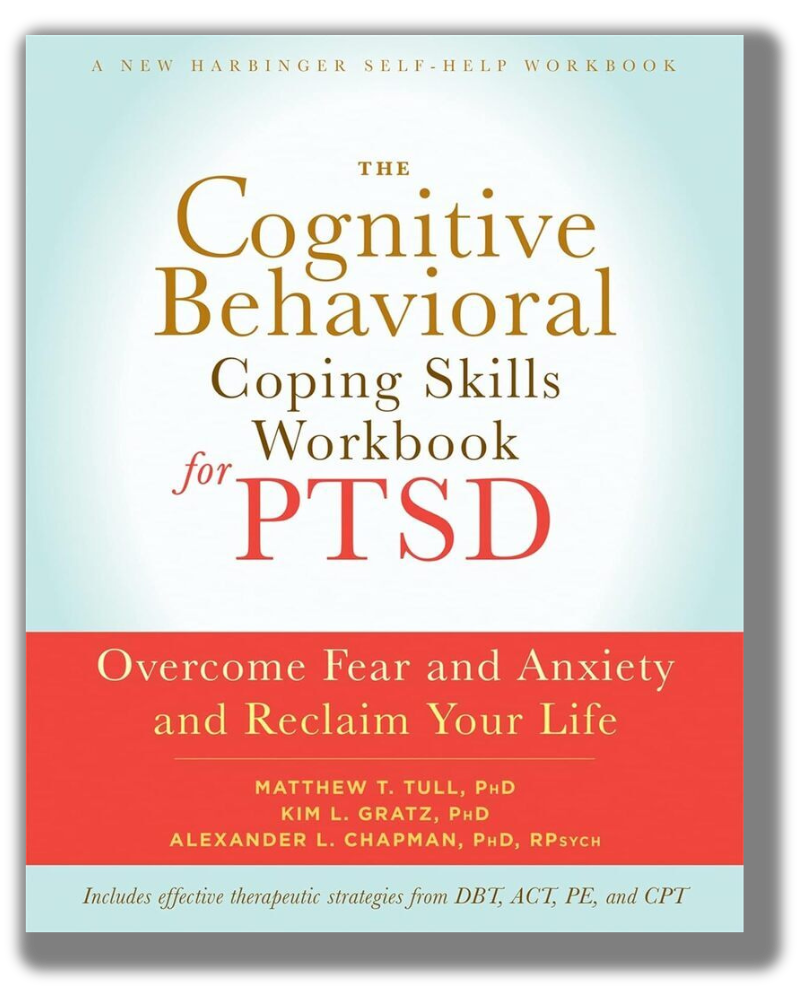
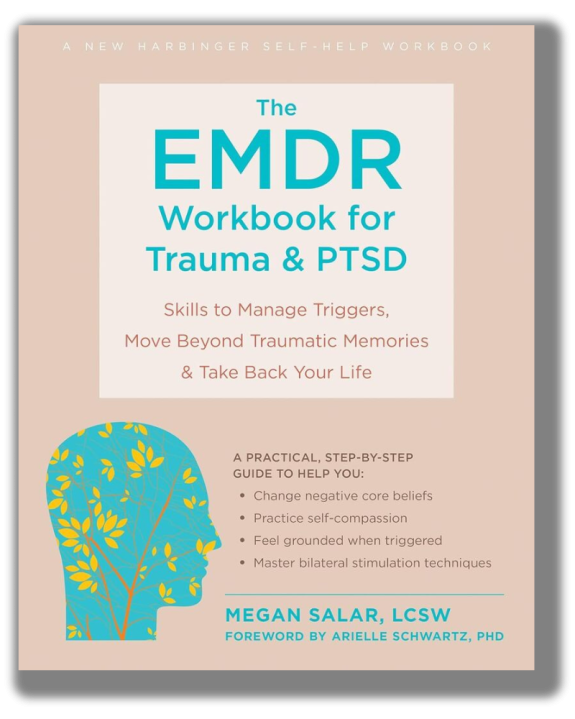
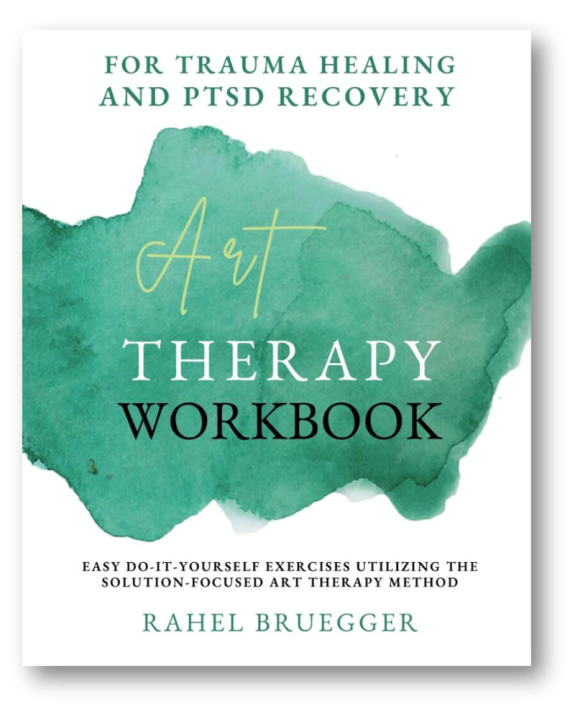
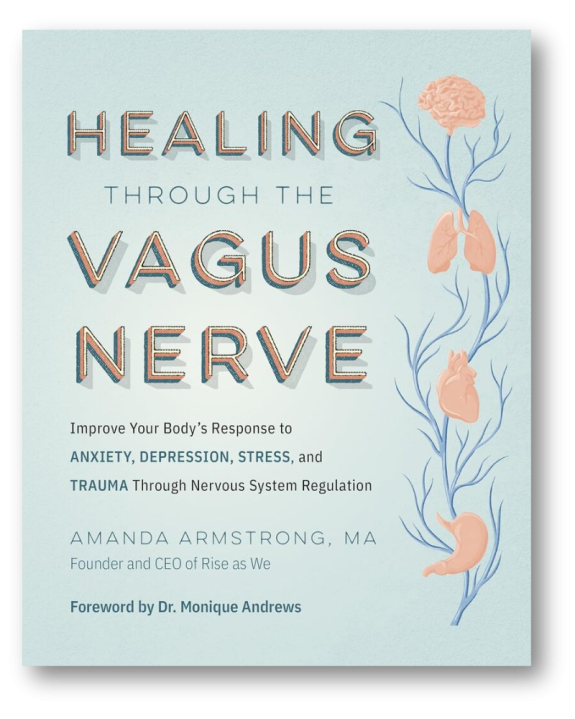
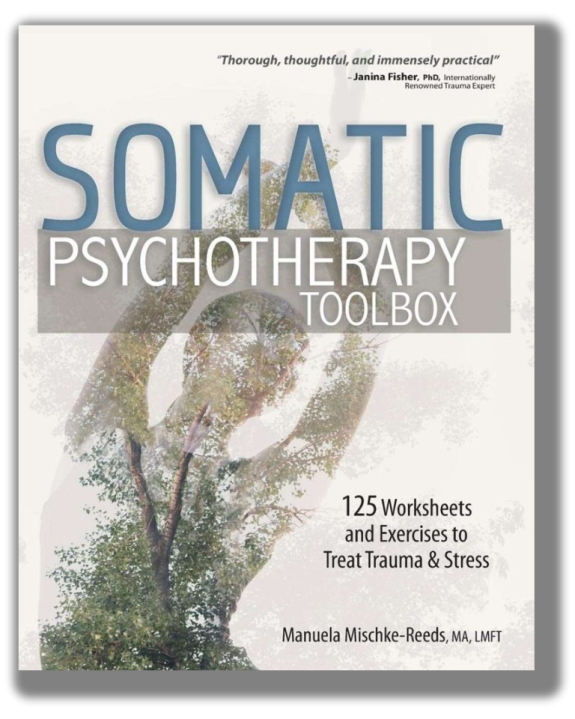
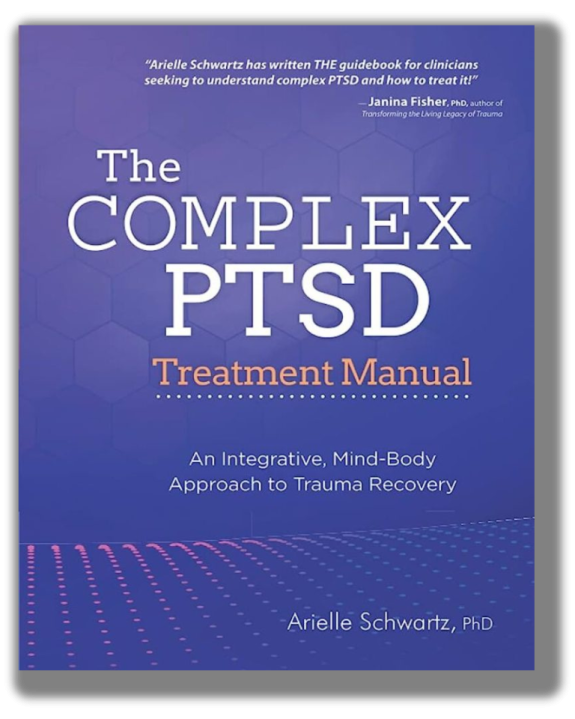
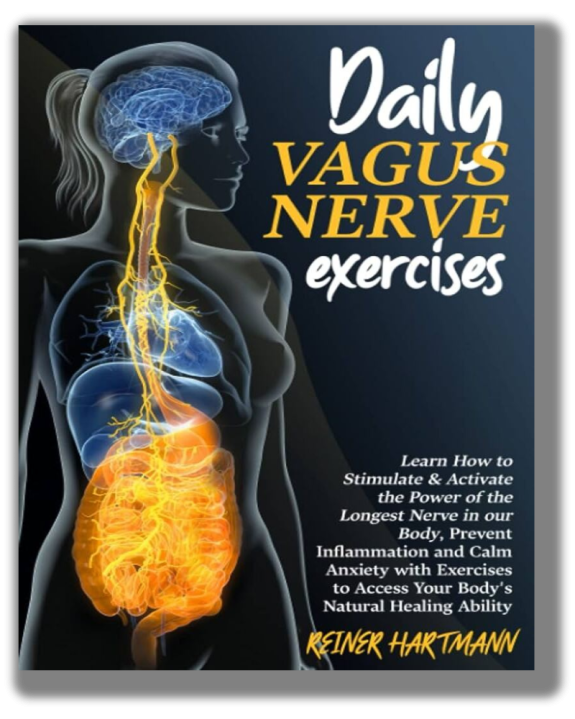
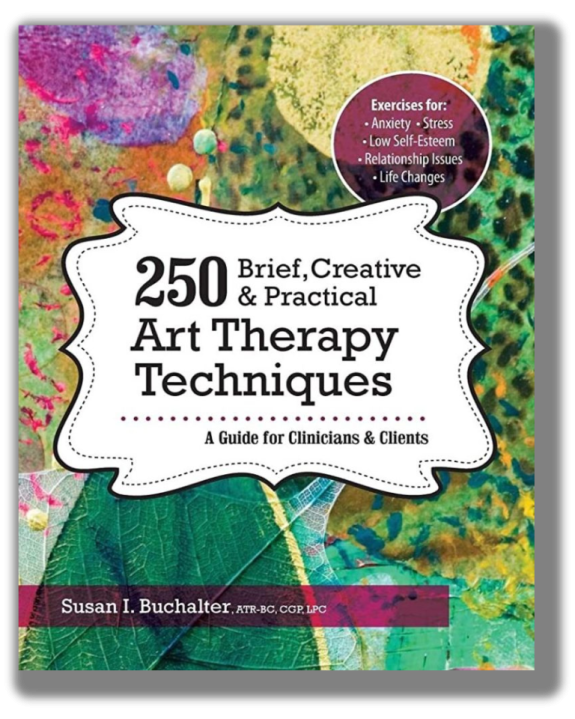
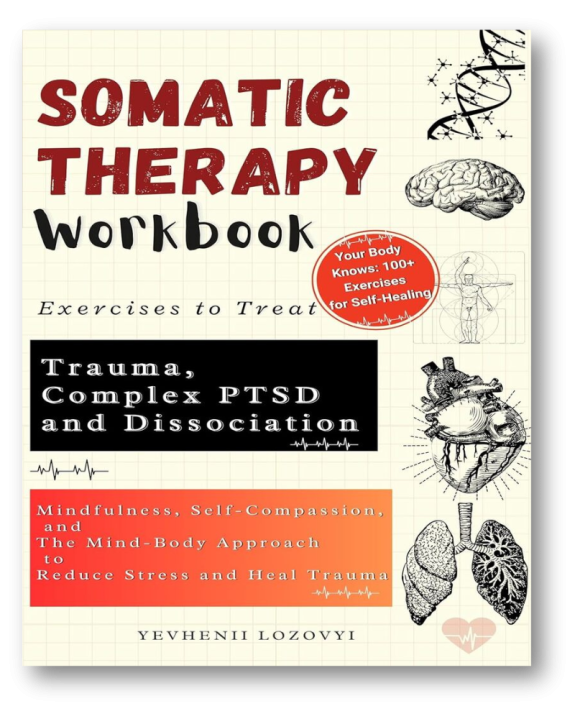
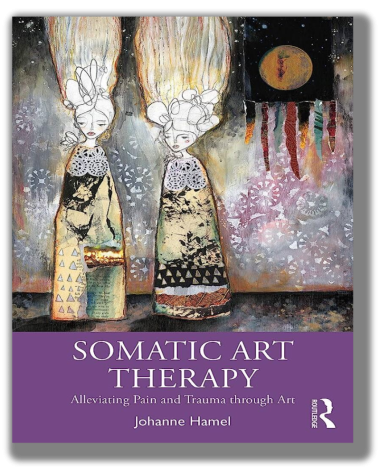
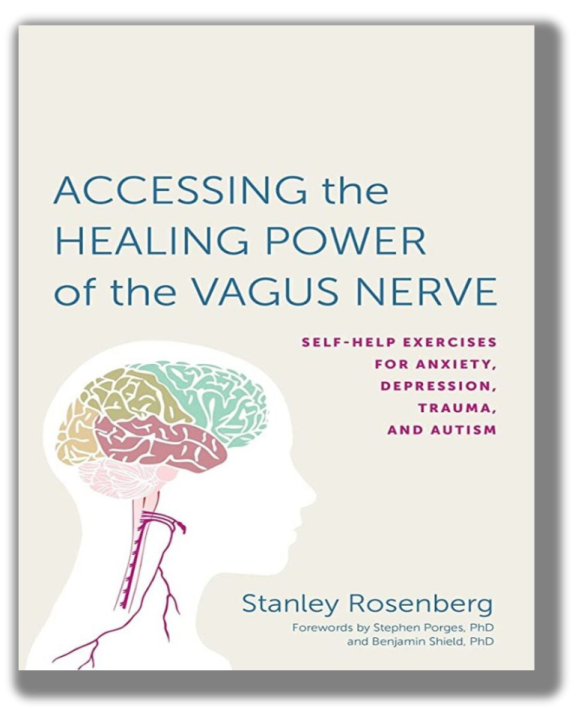
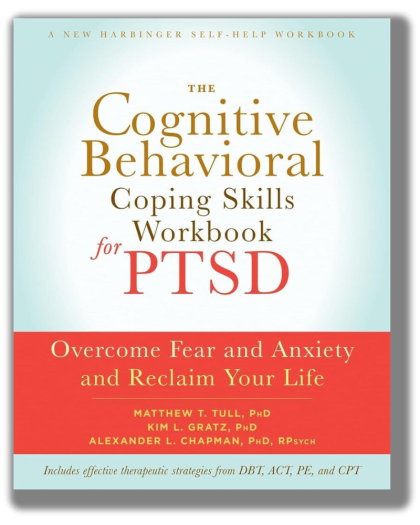
Good tool, but have to be in right frame of mind to use
The great information. And price
Good explanation of PTSD and the exercises provide a springboard for our sessions. I still wish there was a more simplistic, straightforward, client friendly workbook without differentiating the trauma source throughout. That would allow the client to look for communality in trauma and effect rather than discounting his/her own trauma that does not fit the trauma description. I have a client who was terrorized in a relationship for two years and she is finding more difference than similarity in the PTSD explanation.
I love it. It helps me keep up with my triggers, and how to cope with them.
Doing this while having biweekly therapy sessions is making a marked difference in the number of episodes I’m having. I would not suggest reading the book without also taking therapy though.